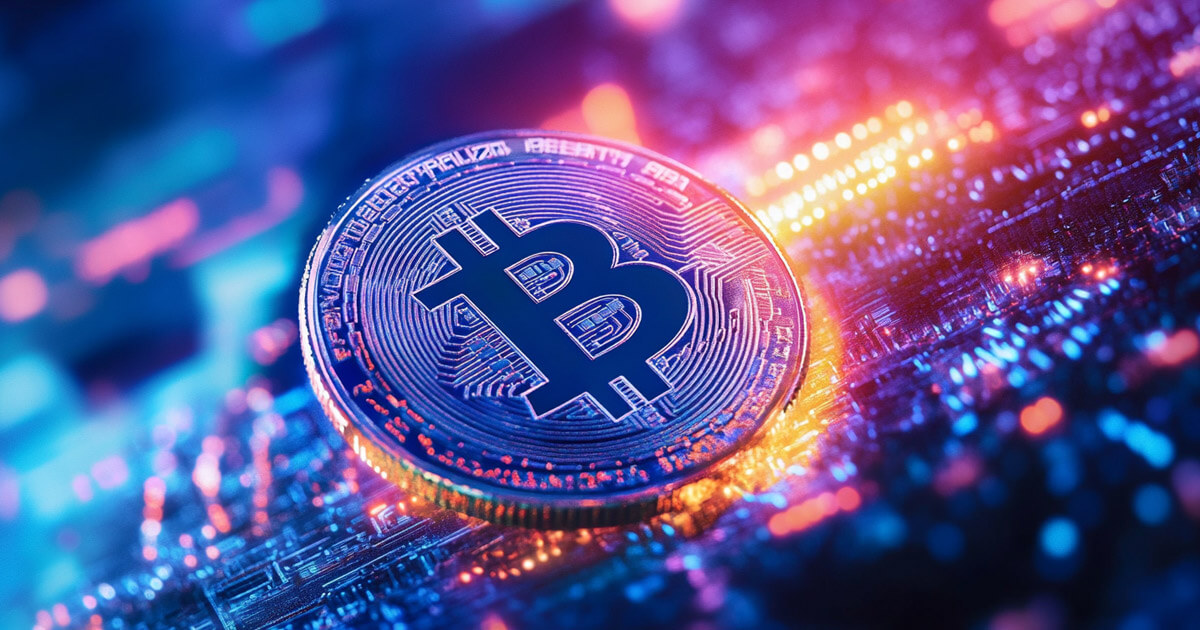

Bitcoin’s hashprice has risen to a two-month high, exceeding $50 for the first time since mid-August, according to data from Hashrate Index.
On Oct. 17, the hashprice hit $53.64, marking its highest point since Aug 23. This comes after a significant drop in September, when the hashprice fell to an all-time low of below $40.
Digital Mining Solutions founder Nico Smid noted that the recent increase provides much-needed relief to miners affected by the harsh market conditions.
Last year, the hashprice consistently hovered above $60 per petahash per day (PH/day). Smid indicated that to return to that level with the current network difficulty, Bitcoin would need to reach $83,000.
Hashprice measures the daily earnings miners generate based on the computational power used in mining operations.
What’s behind the hashprice recovery?
The rise in hashprice coincides with Bitcoin’s recent price rally. On Oct. 16, Bitcoin reclaimed the $68,000 mark for the first time since August, achieving nearly a 10% gain over the week before slightly retreating to $67,126 at the time of writing, according to CryptoSlate data.
This price action has sparked speculation that Bitcoin may again fulfill its “Uptober” narrative after a prolonged period of sluggish trading.
Increased network fees have also contributed to the hashprice recovery, fueled by heightened activity on the Runes protocol. Dune Analytics data shows that Runes transactions made up over 10% of all Bitcoin network transactions in the past week, indicating rising network engagement.
The high activity has inadvertently led to a high-fee situation on the network, according to OKLink data. Additionally, a 5% drop in the network’s hashrate, falling from 700 EH/s to 665 EH/s, might have also influenced the hashprice increase.
Although the exact cause remains uncertain, Smid speculated that recent hurricanes in the US may have disrupted mining operations in affected areas due to power grid issues.
US Miners Gaining Ground
The 35% rebound in hashprice provides a welcome boost for miners, especially those operating in the United States.
According to JPMorgan, US-listed Bitcoin miners now control a record 28.9% of the global network hashrate, marking a 70% increase in their collective power year-to-date.
This growth significantly outpaces the overall network’s 33% increase, highlighting US miners’ operational efficiency over rivals in other jurisdictions.
JPMorgan also highlighted that mining stocks experienced a rally in early October as Bitcoin prices climbed, with companies involved in high-performance computing (HPC) drawing continued interest from hyperscalers seeking strategic partnerships.

